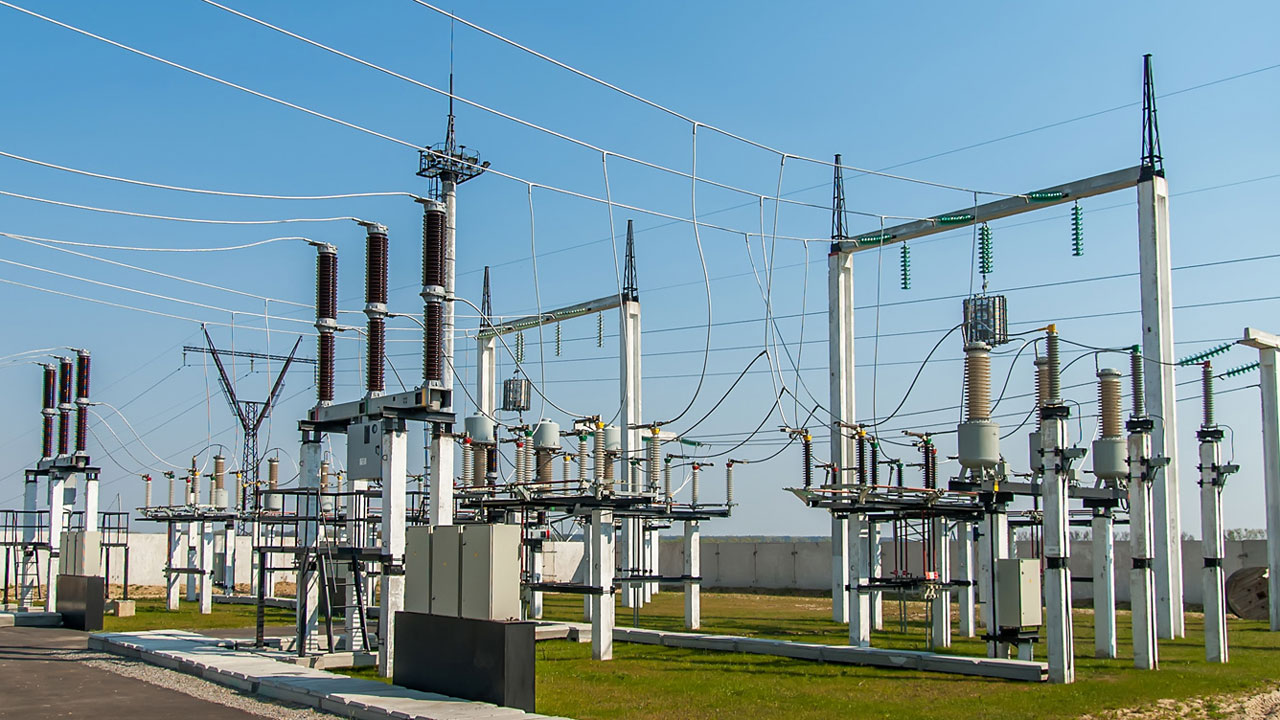… bankers seek to recover loan …as NERC’s licence cancellation threat unsettles industry
The core investor in Abuja Electricity Distribution Company, KANN Utility Company Limited, a 50 percent joint venture of the Copperbelt Energy Corporation plc (CEC), a leading Zambian energy company, is pulling out of the Abuja Electric and the new owner could be a logistics firm that transports fertiliser for the Federal Government, sources tell BusinessDay.
BusinessDay understands that KANN’s decision to sell its 60 percent stake in Abuja Electric is due to constant squabbles over shareholders’ debt. Electricity distribution companies (DisCos) are technically insolvent and unable to meet financial obligations including repaying loans that were used to finance their purchase.
This is as Abuja Electric bankers seek to recover the debt, a decision industry analysts say may have been prompted by the threat of the regulator, the Nigerian Electricity Regulatory Commission (NERC), to cancel the licences of some DisCos for their failure to remit more money to other market operators.
“The banks have a valid reason to be concerned,” said Chuks Nwani, an energy lawyer. “If the assets they financed are being threatened, it is only normal that they should worry.”
Debts to DisCos constitute over 5 percent of non-performing loans of some of Nigeria’s top commercial banks.
On October 8, NERC issued a notice to cancel the distribution licences of eight DisCos for a breach of their contract in terms of remittance to the market. Abuja Electric was one of the affected DisCos.
Abuja Electric along with the affected DisCos filed a petition challenging the regulator’s review of their market remittance obligation. The regulator returned fire by threatening to pull their licences.
While the DisCos have since withdrawn their petitions, the regulator is going ahead with a public hearing where it would serve as judge and defendant. Lawmakers on the power sector committee intervened, urging the regulator to hold fire. The regulator is going ahead anyway.
BusinessDay learns that Thomas Etuh, chairman of Unity Bank plc and TAK Group of Companies, with ties to the presidency, is a front-runner to buy up the 60 percent stake in Abuja Electric held by KANN.
According to information on TAK website, Etuh founded TAK Agro & Chemicals Limited, with the purpose of establishing an agro-allied company that is providing quality agro inputs for the Nigerian farmer.
“The Company under his leadership has become ‘the Farmer’s choice’, and over the years acquired fertilizer blending plants across Nigeria, established a presence in Mali, and built a solid network of agro-dealers that would ensure that the product went from the production plant to the end user,” according to information on the company’s website. “As a major fertilizer blending company with a combined capacity of almost one million tonnes, TAK was forefront in partnering with the Federal Government of Nigeria in driving its Growth Enhancement Support Scheme (GESS) programme.”
Etuh’s firm by virtue of its partnership with the Federal Government is among the top fertiliser dealers in Nigeria. As head of the Fertiliser Producers and Suppliers Association of Nigeria (FEPSAN), he was instrumental in implementing the Presidential Fertiliser Initiative (PFI).
Under the PFI, President Buhari signed a bilateral agreement with the Government of Morocco for the supply of phosphate for the revitalisation of local blending plants.
BusinessDay gathers that acquiring stakes in Abuja Electric is a way to gain a foothold into the power sector and position for the purchase of assets of the Niger Delta Power Holding Company (NDPHC), which could be offered for sale as a way to fund the 2020 budget.
According to rules guiding power asset privatisation in Nigeria, only companies with proven capacity in the power sector can purchase assets offered for sale.
However, investors have already emerged for the NIPPs after the Bureau of Public Enterprise offered them for sale four years ago. The transaction stalled because investors wanted bankable guarantees including a share sale agreement, power purchase agreement with the Nigerian Bulk Electricity Trading Company (NBET) and Put/Call Option Agreement with the Federal Ministry of Finance to procure financing to complete the deal.
The NIPP plants lack firm gas supply agreements and adequate transmission lines to move power to where it is needed. Nigeria’s power market too is also illiquid due to an absence of a tariff that can guarantee commercial returns, besides being bogged down by debts over a N1 trillion.
But the BPE insisted that the investors must post millions of dollars in bank guarantees covering 15 percent of their bid prices six years after the expiration of the initial bank guarantees they posted. This has also stalled the NIPP privatisation, as the preferred bidders have called on the BPE/NDPHC to address the transaction challenges.
When contacted by BusinessDay, Abuja Electric said they were unaware of any plans by the investor to pull out of the company.
Source: businessdayng





